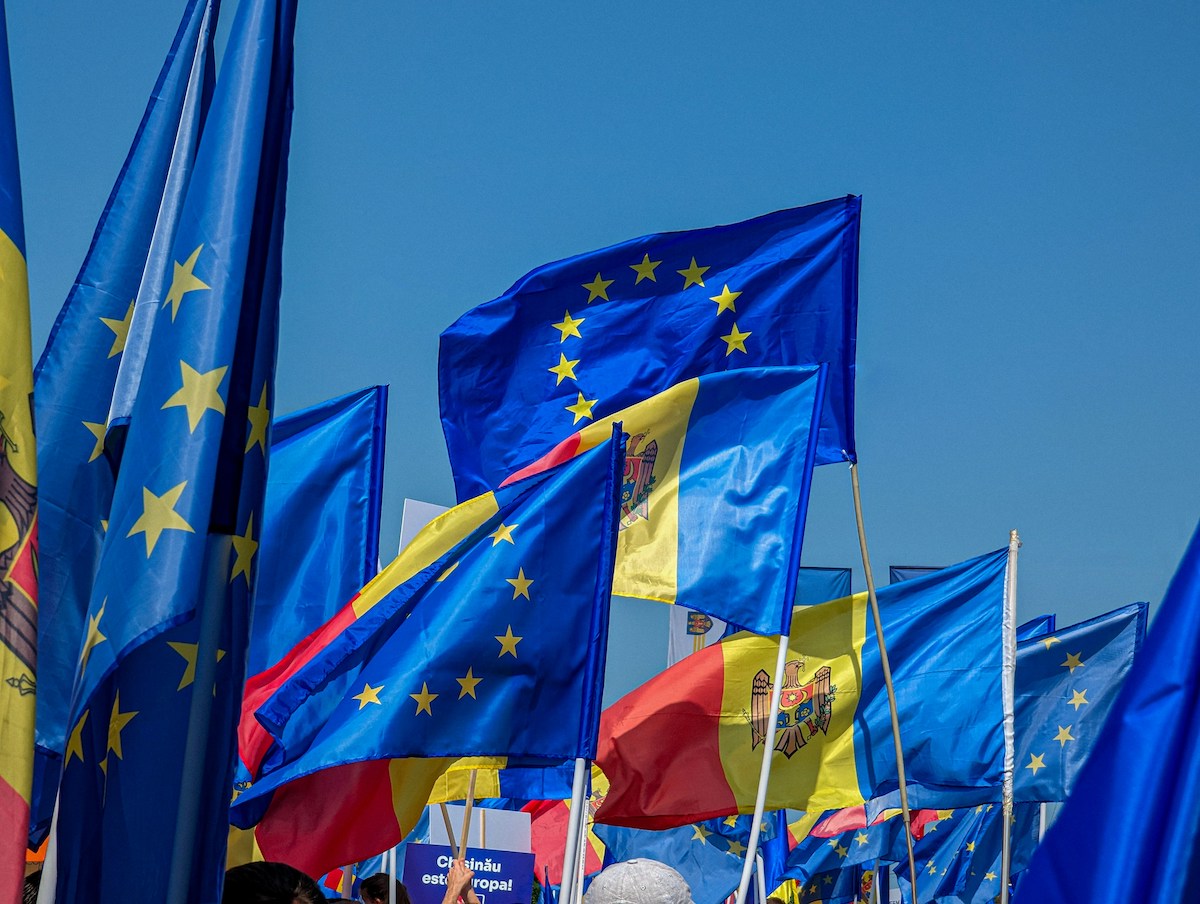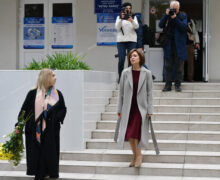
Elections in Moldova
The results of the presidential elections in Moldova and the constitutional referendum on October 20 surprised everyone and shocked many. The referendum on including Euro-integration in the Constitution was only pushed through by the Moldovan diaspora, and the result for the incumbent president, Maia Sandu, even considering the diaspora votes, was so low that it casts doubt on her chances of winning in the second round.
Correspondent Evgeny Cheban of the Moldovan outlet NewsMaker tried to analyze what happened in the Moldovan elections on October 20.
Polls Did Not Live Up to Expectations
Sociological polls in recent months showed Maia Sandu confidently leading. According to all polls, 30-35 percent of voters within the country were ready to cast their votes for her. If we consider only those who had already decided in the polls, this percentage would be around 38-43 percent.
Together with the votes from the diaspora, where 200-250 thousand or 13-16 percent of voters participate, the incumbent president could expect either a victory in the first round or, at the very least, a result close to 50 percent. At foreign polling stations, Sandu could count on two-thirds of the votes.
The referendum on Moldova’s European path also helped mobilize Sandu’s potential electorate. Sandu’s campaign was largely built on the symbolic connection between her and Moldova’s course toward EU membership.
Many were confident in this outcome for the first round of the presidential elections: sociologists, various political analysts, and even the incumbent president’s political opponents.
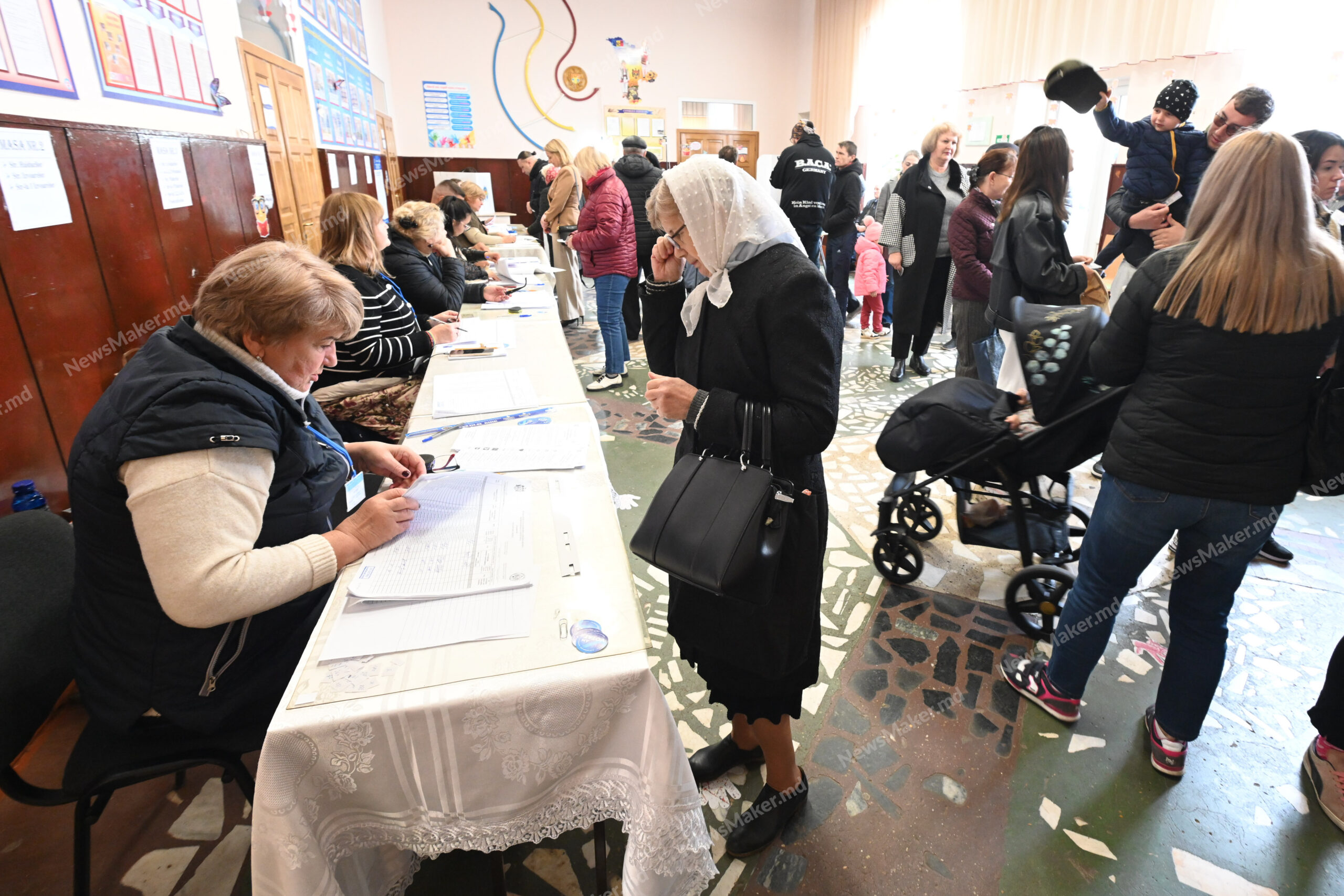
Maia Sandu’s closest rivals, Alexandr Stoianoglo and Renato Usatîi, were expected, according to various polls, to gain 9-13 percent of all respondents within the country and about 12-17 percent of those who had made up their minds. Even in the case of a second round, such a gap seemed insurmountable.
The same applied to the referendum. Polls showed a result of 44-55 percent “FOR” in the referendum. These figures, combined with the diaspora votes, which are overwhelmingly pro-European, gave supporters of the European choice reason to hope for a final result of over 60 percent “FOR.”
But the Moldovan electorate proved to be far less predictable. In the presidential elections, Sandu preliminarily receives only about 42-43 percent of the vote, casting doubt on her chances of winning in the second round.
The Constitutional Referendum
Although the constitutional referendum formally took place, this victory can’t be called convincing. About 51 percent of citizens preliminarily voted “FOR.” And this result was achieved only thanks to the votes at overseas polling stations. Within the country, only 46 percent voted “FOR” the constitutional change.
If we look at the map of results across the country, the “FOR” option won only in Chișinău and six other districts. The overwhelming majority of Moldovan regions voted “AGAINST” including Euro-integration in the constitution, even if in some cases it was by a narrow margin.
The Shor Factor
One of the reasons for the election results deviating from all the polls published shortly before the vote is the corrupt network of activists and supporters of Ilan Shor, a politician convicted of fraud in Moldova and currently hiding in Moscow.
Kremlin’s main ally in Moldova managed to create a vast network of paid activists and supporters across the country.
According to Moldovan police, this structure includes at least 130,000 Moldovan citizens who received “compensation” for their political activities through accounts at Russia’s Promsvyazbank.
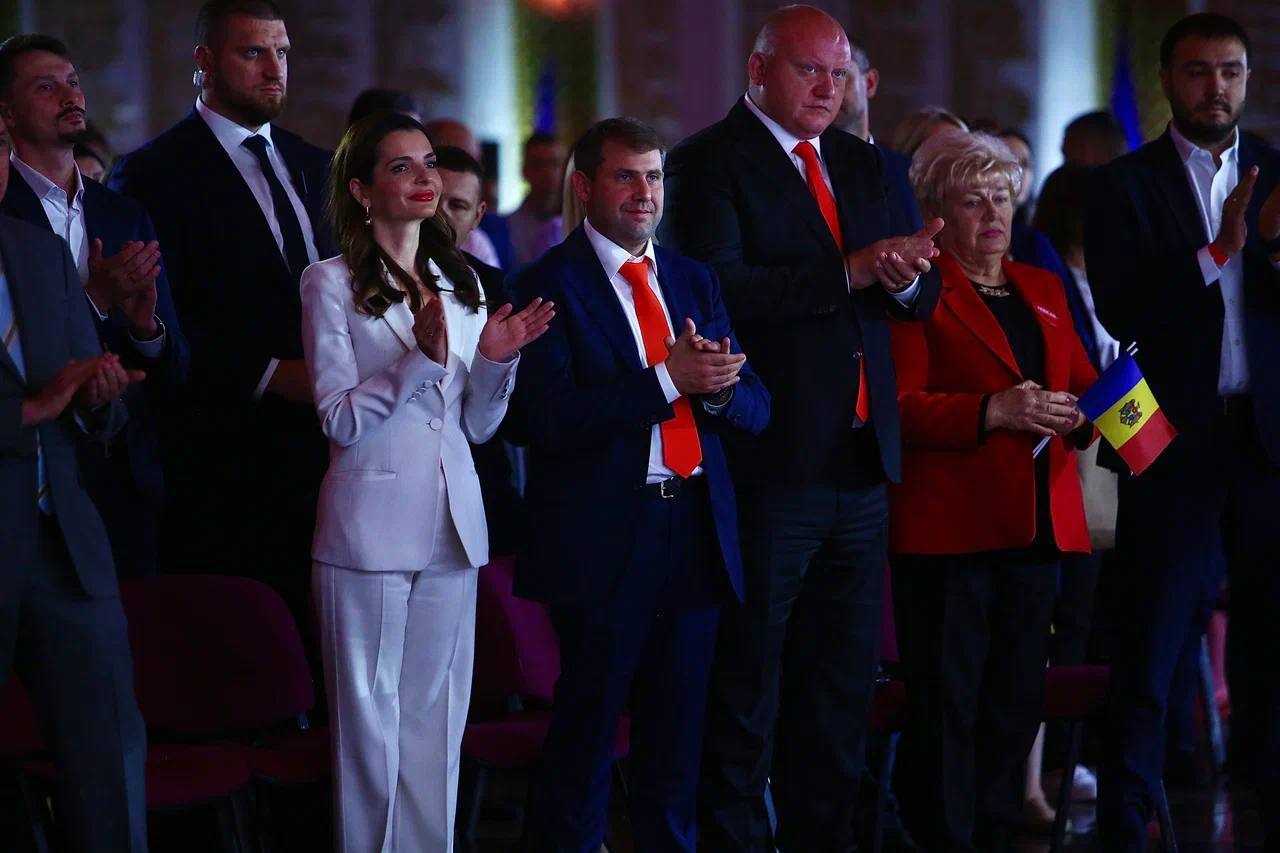
Publicly, Ilan Shor urged his supporters in Moldova to vote “against” in the referendum. In this presidential campaign, Shor had at least two candidates under his control. Moldovan journalists were able to prove the connection between Shor and the candidates Viktoria Fortuna and Vasile Tarlev, who received 4.5 percent (69,000 votes) and 3.2 percent (49,000 votes), respectively.
Together, this accounts for 116,000 votes, which is close to the size of Shor’s “paid” activist network, according to police data. Publicly, Shor and his associates did not name the candidate they were supporting.
Perhaps they feared that public endorsement would serve as a kind of “black mark,” which could lead to the candidate’s removal before the elections (according to another version, the plan was precisely to have one of the candidates removed).
However, instructions on voting for one or both of these candidates could have been sent through their communication channels with activists.
Nevertheless, attributing nearly 50 percent of the “AGAINST” votes in the referendum solely to Shor’s bribery seems too simplistic, not to mention the frankly poor result in the elections for the incumbent president.
The Euro-integration Referendum – a Pyrrhic Victory for Sandu’s Team
The referendum on including the goal of Euro-integration in Moldova’s constitution, as envisioned by its initiators—Maia Sandu and her team—was supposed to achieve two objectives.
The first, purely political and strategic, was to link Sandu’s re-election for a second term with the process of Moldova’s Euro-integration and to mobilize pro-European voters in the first round.
This connection was meant to transfer the popularity of Euro-integration to the approval ratings of the incumbent president, which has been and remains much lower than support for the country’s course toward EU membership.
The connection worked, but in reverse. The president’s high disapproval rating transformed into dissatisfaction with the course she represents.
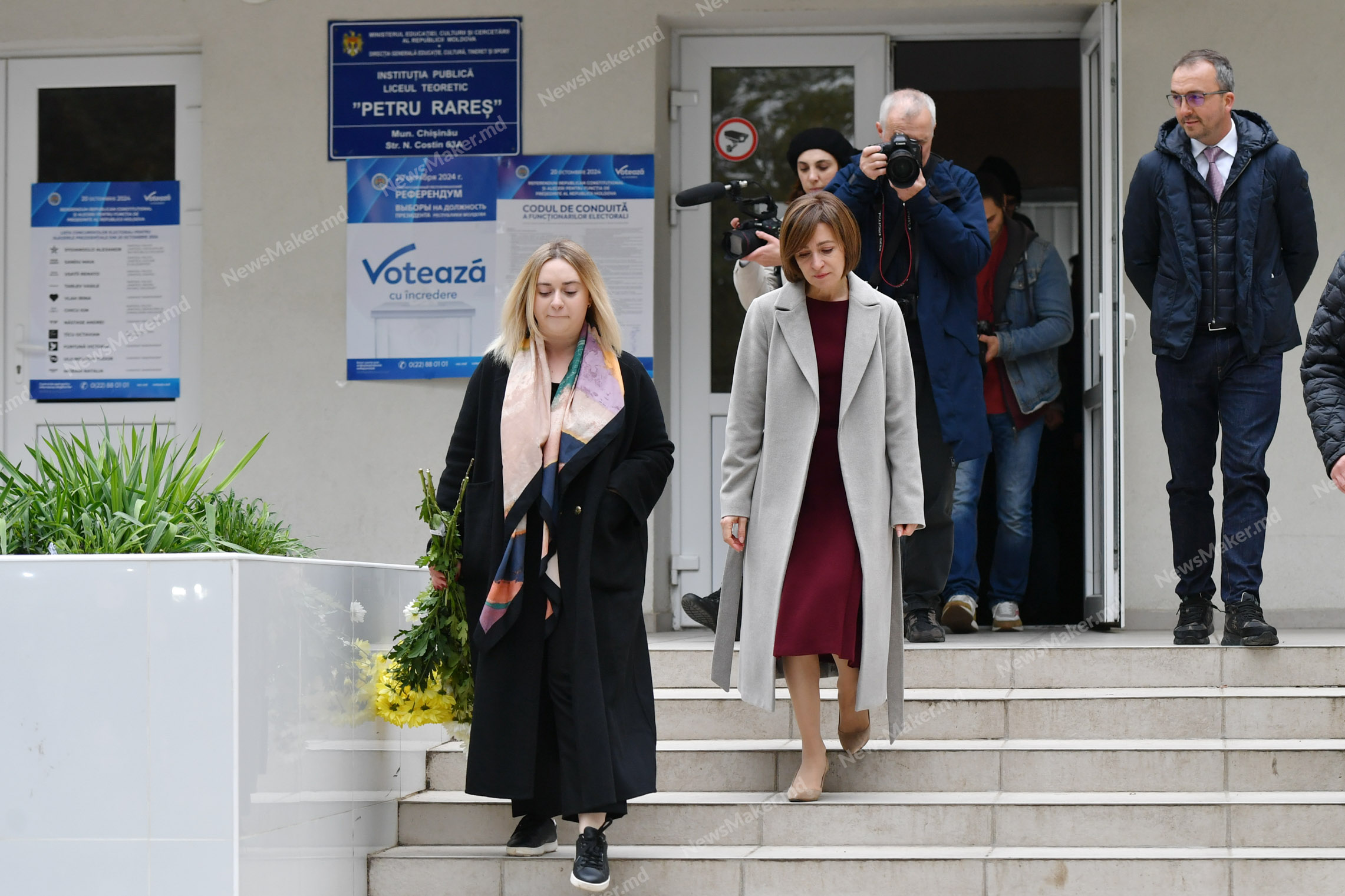
The second goal was to demonstrate the definitive victory of Euro-integration supporters in the domestic political arena. This, too, did not happen. No, there was no catastrophe. The idea of Euro-integration did not suffer a crushing defeat. The referendum merely showed that the desired decisive majority in Moldovan society is still lacking, indicating that there is still work to be done.
The referendum’s outcome serves as evidence that the idea of Euro-integration should not be used as a political tool for a single politician who represents, albeit a significant one, only a segment of Moldovan society.
The results of the vote should provide food for thought for the numerous European leaders and Brussels officials who so resolutely engaged in Sandu’s campaign during this election.
Second Round: Is Stoianoglo the Next President?
According to the results of the voting on October 20, Maia Sandu (43 percent) and Alexander Stoianoglo (26 percent) are advancing to the second round. The significant gap between the candidates should not be misleading.
Given the high turnout, both in the country and among the diaspora, and the almost complete lack of other pro-European candidates who could support Sandu, there is very little room for the incumbent president to gather the missing votes in the second round.
By rough estimates, the only potential supporters for Sandu in the second round may come from the voters of Octavian Țîcu and Andrei Năstase, both of whom received less than one percent of the votes.
It can be assumed that a serious battle for the votes and support of Renato Usatîi’s electorate (13 percent), who finished in third place, will unfold before the second round. In 2016, he and his presidential candidate Dmitry Chubashenko supported Igor Dodon in the presidential elections, which helped him win.
In 2020, Sandu received the backing of Usatîi, who also finished third in the first round.
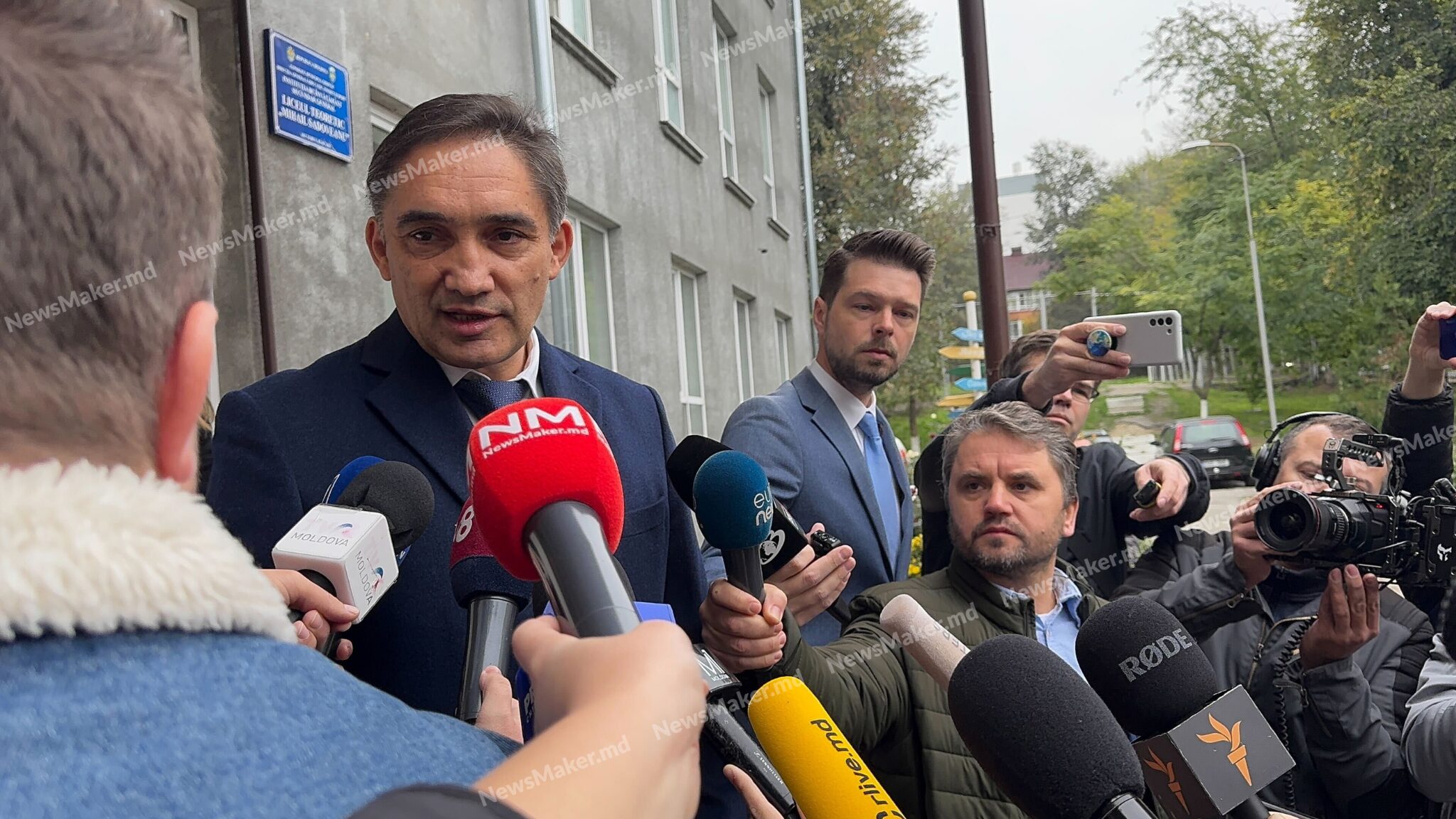
In any case, the tension in the second round will be at its maximum. Both candidates will throw all their efforts into mobilizing their electorate. Ilan Shor, with his managed army from Moscow, may also play a significant role.
The opponents of the current government already have a moral advantage. In the first round, they mobilized in such a way that Maia Sandu’s position seriously weakened, which should further motivate her opponents.
Is Annulment of the Voting Results a Solution?
After the initial results of the elections were announced, long before 100 percent of the votes were counted, Maia Sandu held a brief press conference where she stated that unnamed criminal groups had joined forces with foreign entities with the intention of buying 300,000 votes.
She also promised that after the final results were processed, she would announce some “decisions.”
This statement led to speculation that the authorities were considering contesting and annulling the results of the voting on October 20.
The criminal activities of Ilan Shor’s team during these elections could indeed provide grounds for challenging the results.
There are several “buts” here.
First, the referendum took place, and the supporters of Euro-integration achieved a formal victory, albeit not a convincing one. Therefore, annulling the referendum results on this basis would seem quite strange.
Second, even if we assume that the authorities annul the results of the referendum or the presidential elections, it is unclear what this would achieve in the long run.
Annulment of any of the votes would only motivate the opponents of the government and Euro-integration, leading to protest voting in new elections.
The same effect would occur if Sandu’s opponent, Alexander Stoianoglo, were to be removed from the elections.
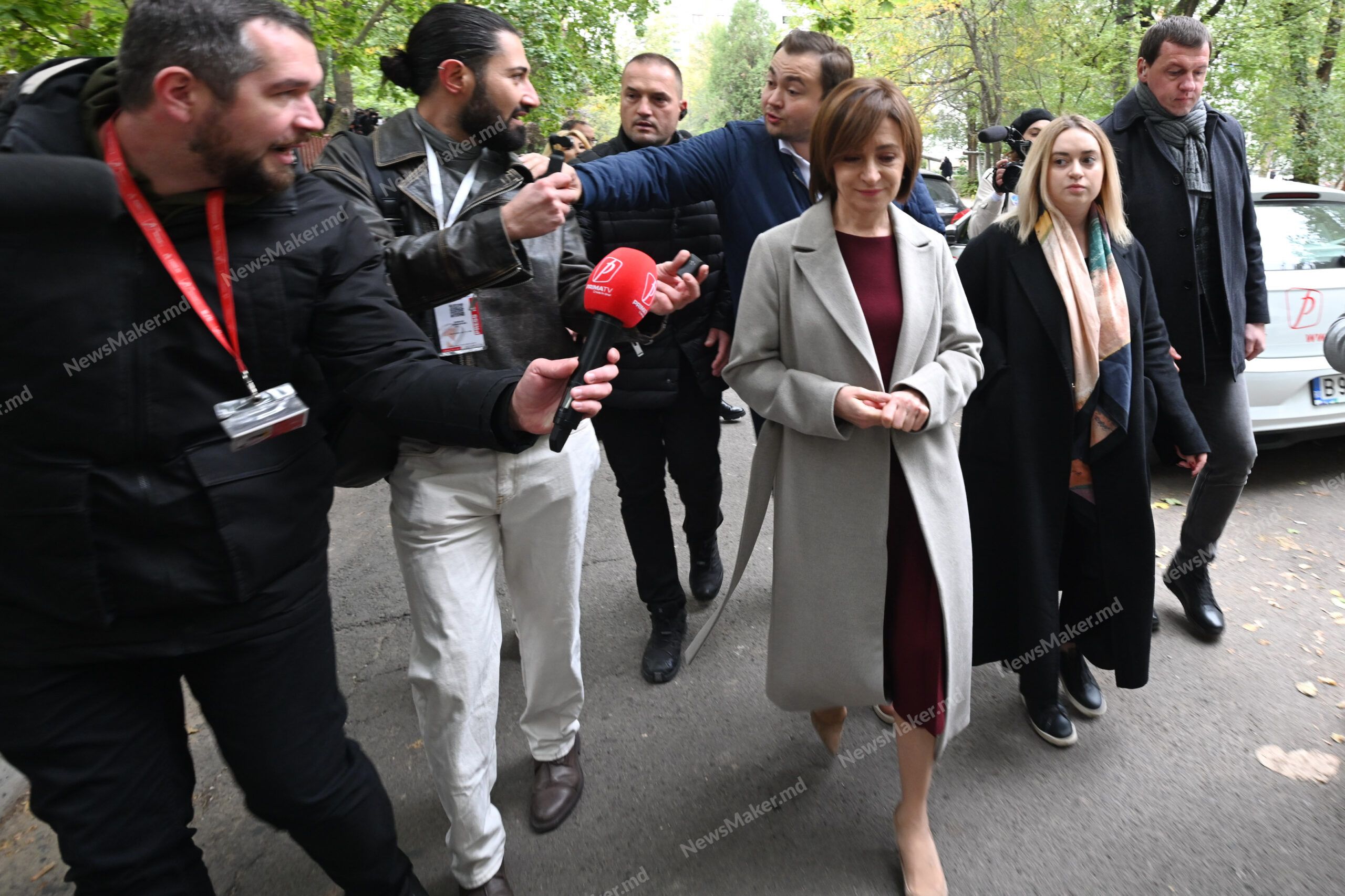
Moreover, even if some voters actually sold their votes in the referendum and presidential elections, they are unlikely to vote differently in new elections, even without the promised money.
Additionally, these people, whether for money or not, have already cast their votes, so they will be much more willing to defend them, including through protests. This is especially true given that Moldovan law enforcement and intelligence services had announced preparations for such protests before the elections.
Therefore, annulling the voting results could create many more problems for the current government and further undermine support for the course toward EU membership.
Whatever decision Maia Sandu makes, she will have to reflect on the results obtained and seek approaches to at least some of the voters who have doused her with cold water. If not for the presidential elections, then certainly for the upcoming parliamentary ones.
exchange

